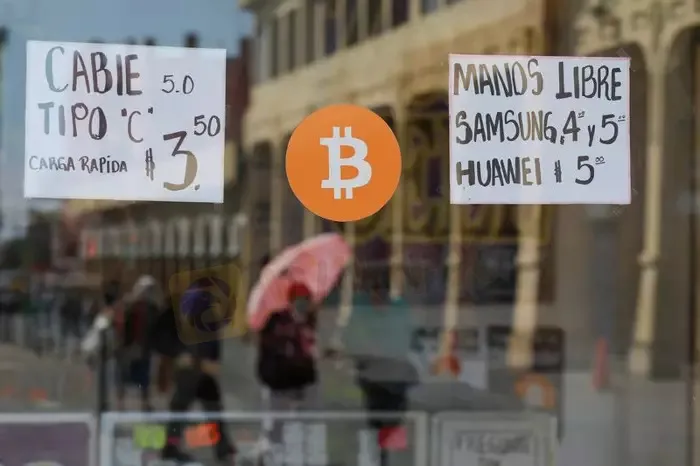简体中文
繁體中文
English
Pусский
日本語
ภาษาไทย
Tiếng Việt
Bahasa Indonesia
Español
हिन्दी
Filippiiniläinen
Français
Deutsch
Português
Türkçe
한국어
العربية
El Salvador postpones bitcoin bond issue, expects better conditions
Abstract:El Salvador postponed an unprecedented issue of a bitcoin-backed bond planned for last week, as the government decided to wait for favorable conditions in the financial market, Finance Minister Alejandro Zelaya said on Tuesday
El Salvador postponed an unprecedented issue of a bitcoin-backed bond planned for last week, as the government decided to wait for favorable conditions in the financial market, Finance Minister Alejandro Zelaya said on Tuesday.
The Central American government had scheduled the launch of the $1 billion bond between 15-20 March, but the war between Russia and Ukraine and volatility of the cryptocurrency prompted authorities to change the date.

The launch could be postponed until September as bitcoin has swooned since hitting a record high above $67,500 in early November. It lost almost half its value by Jan. 22, and traded at $42,609 on Tuesday, according to Refinitiv Eikon data.
Now is not the time to issue the bond, according to Zelaya who said that the ideal date to go on the market is the first half of the year, during an interview with a local television channel.
“In May or June the market variants are a little different. At the latest in September. After September, if you go out to the international market, it is difficult (to raise capital),” he added
El Salvador became the first country in the world to adopt bitcoin as legal tender last year, generating criticism from the International Monetary Fund (IMF), which worries the measure could hurt the countrys finances.
(Reporting by Nelson Renteria; Writing by Valentine Hilaire; Editing by Drazen Jorgic and David Gregorio)
Disclaimer:
The views in this article only represent the author's personal views, and do not constitute investment advice on this platform. This platform does not guarantee the accuracy, completeness and timeliness of the information in the article, and will not be liable for any loss caused by the use of or reliance on the information in the article.
WikiFX Broker
Latest News
Geopolitical Events: What They Are & Their Impact?
Volkswagen agrees deal to avoid Germany plant closures
Top 10 Trading Indicators Every Forex Trader Should Know
TradingView Launches Liquidity Analysis Tool DEX Screener
MultiBank Group Wins Big at Traders Fair Hong Kong 2024
WikiEXPO Global Expert Interview: Simone Martin—— Exploring Financial Regulation Change
'Young investors make investment decisions impulsively to keep up with current trends' FCA Reveals
Why Do You Feel Scared During Trade Execution?
CySEC Settles Compliance Case with Fxview Operator Charlgate Ltd
Malaysian Influencer Detained in Taiwan Over Alleged Role in Fraud Scheme
Currency Calculator


